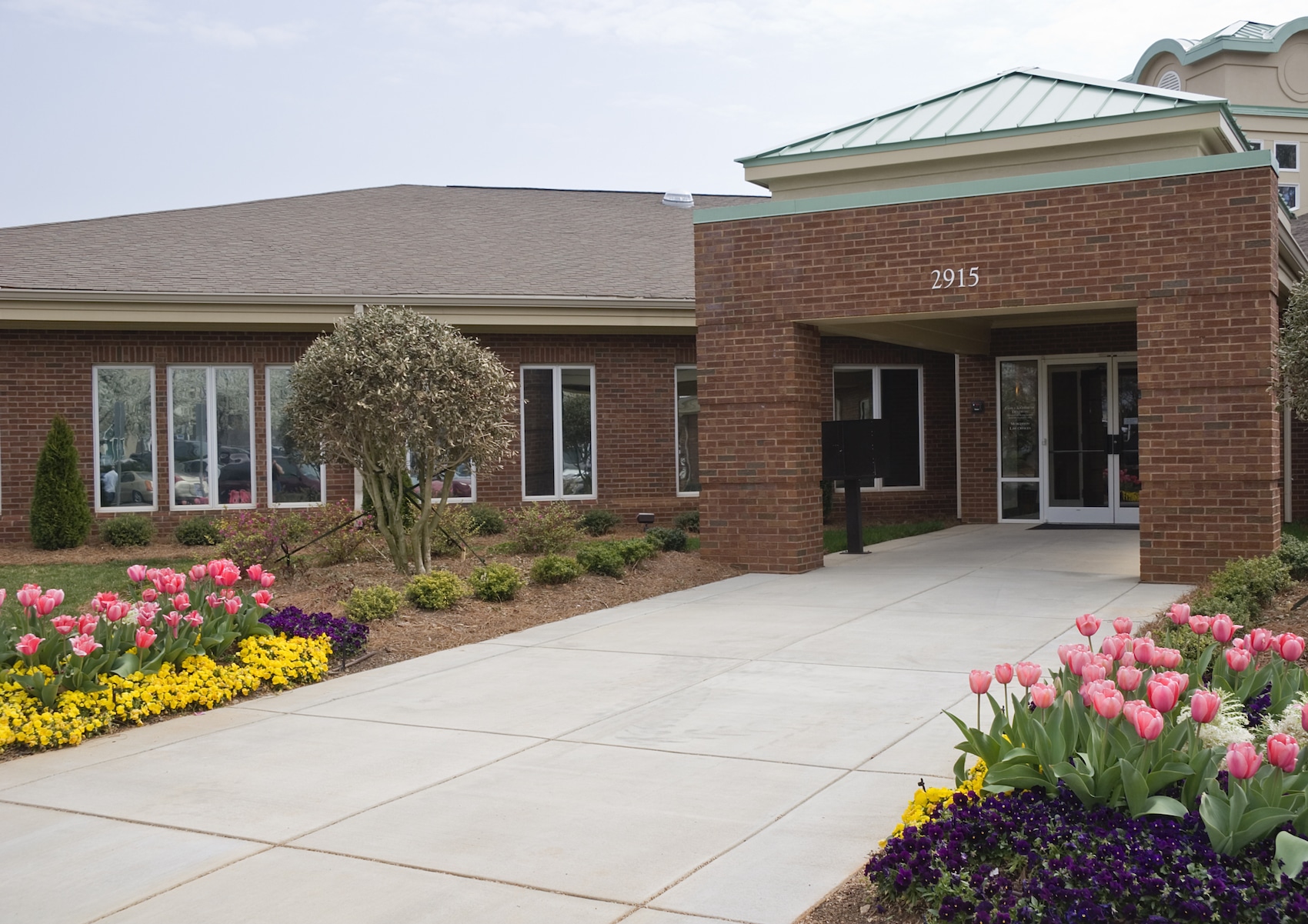If you have recently purchased or remodeled any property, or you’re planning to, you’ll want to find ways to cut costs and minimize your tax liability wherever possible. A Cost Segregation study is one way to drastically reduce the depreciation period for certain building or remodeling costs and boost your cash flow in the process.
Let’s face it, there are many routine and recurring expenses required for the proper maintenance and upkeep of your business properties. This includes items such as new carpeting, tile or other floor coverings, new or improved lighting for both the interior and exterior of your buildings, heating ventilation and air conditioning systems, upgrades to your building security and monitoring systems, technology upgrades, landscaping required for the exterior of your property, and other improvements.
Many of these building improvements won’t last for the duration of a traditional 27.5- or 39-year depreciation schedule. In fact, most of the building improvements listed above may only last for a five-to-ten-year period, or even less.
The repair and replacement of these improvements can entail costly, recurring expenses for you and your business, which results in an unnecessary drain on your company’s cash flow.
But the good news is there is a way for you to considerably reduce these expenses with a specialized tax savings strategy, that uses a more favorable depreciation system.
The solution: Cost Segregation Analysis, an Internal Revenue Service recognized and approved technique, that can allow you to accelerate the depreciation of certain non-structural assets and improvements that have a shorter useful life span.
It allows you to depreciate individual assets and other improvements within your building and accelerate your tax deductions in the process. The result can be a significant increase in your company’s cash flow and profitability.
Benefits of Cost Segregation
- Immediately increase your business cash flow through accelerated depreciation deductions.
- Reduce your income taxes and real estate property taxes.
- Claim “catch up” depreciation on previously misclassified real estate assets and improvements.
- Independent analysis that will withstand IRS review.
By following this approach, certain construction-related costs and improvements to your building can be specifically identified, and depreciated over their individual depreciable lives, as little as 5, 7, or 15 years, a much shorter period than the standard 39-year depreciation treatment for the building itself.
For example, did you know that 30% to 90% of the total electrical costs in most buildings can qualify as personal property and be depreciated over just five-to-seven years? This accelerated depreciation reduces your tax liability and increases the cash flow of your business.
By segregating these, and certain other assets and improvements, from the structural portion of your building, you can depreciate the assets separately. This allows you to manage your business investments in a more tax efficient way, by maximizing your tax deductions sooner than would otherwise be the case. The result can be significant cost savings for your business.
Any structure used for your business or even as rental property is eligible for the benefits of Cost Segregation. This includes: office space, apartments, retail stores, restaurants, auto and boat dealerships, warehouses, industrial buildings and more.
The amount of tax savings that you could realize by reclassifying your property depreciation period will vary depending on the property type and the improvements made, but the graph below will give you a general idea of the cost savings potential.
Leasehold improvements can benefit even more from a Cost Segregation study because interior build-outs and improvements often produce a higher amount of qualifying accelerated depreciation deductions.
Bottom line: A cost segregation analysis can prove to be a powerful and effective tool for reducing your taxes and boosting the cash flow of your business. If you have any questions about cost segregation, please contact us at (772) 257-7888.

